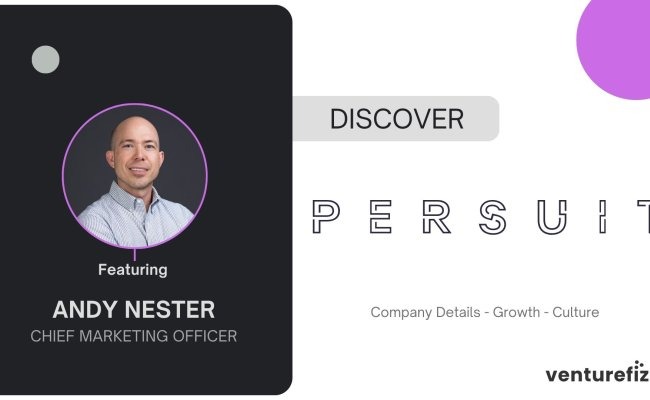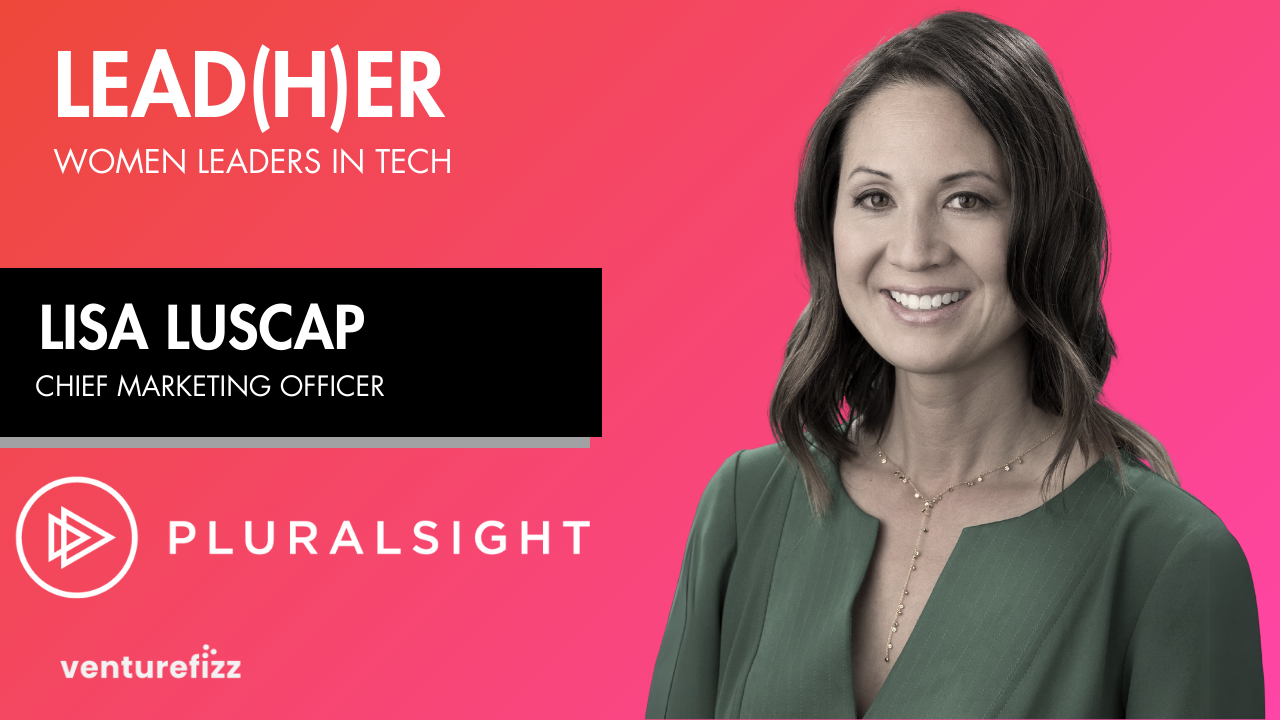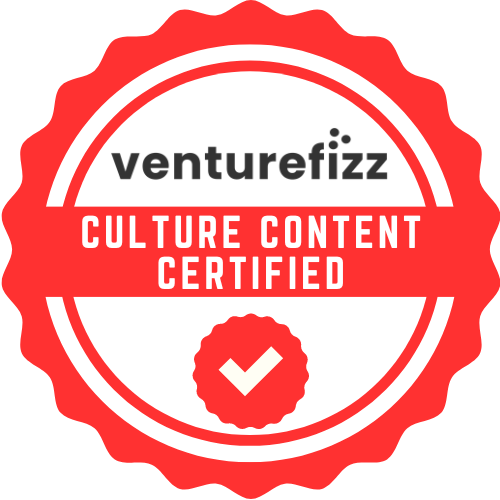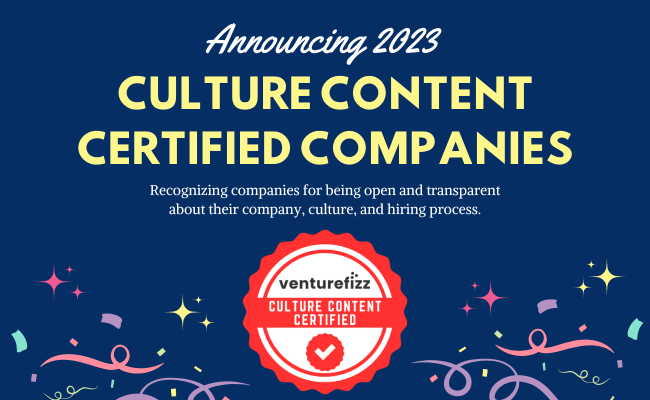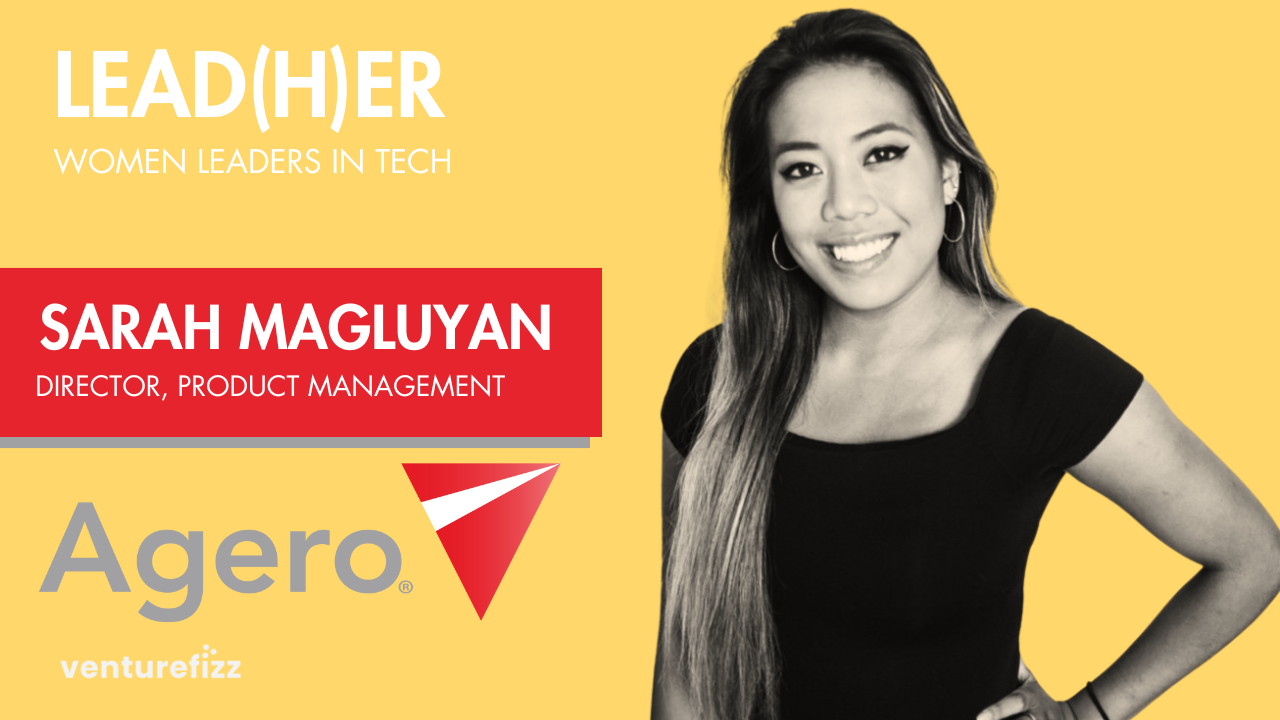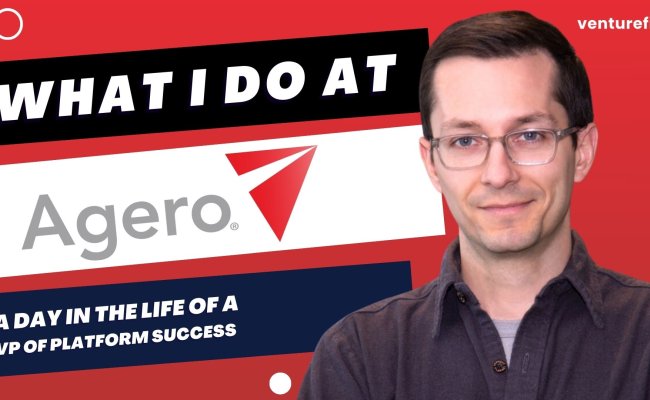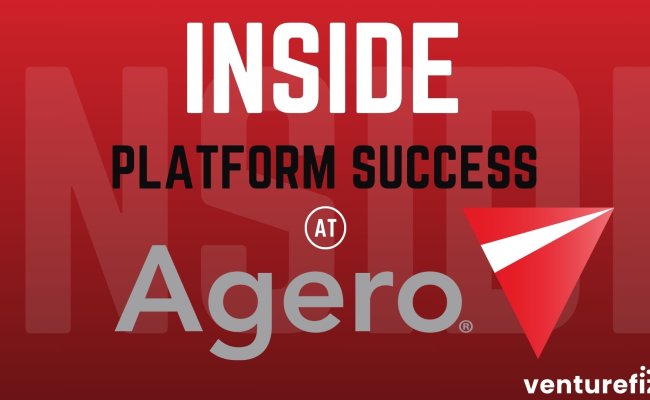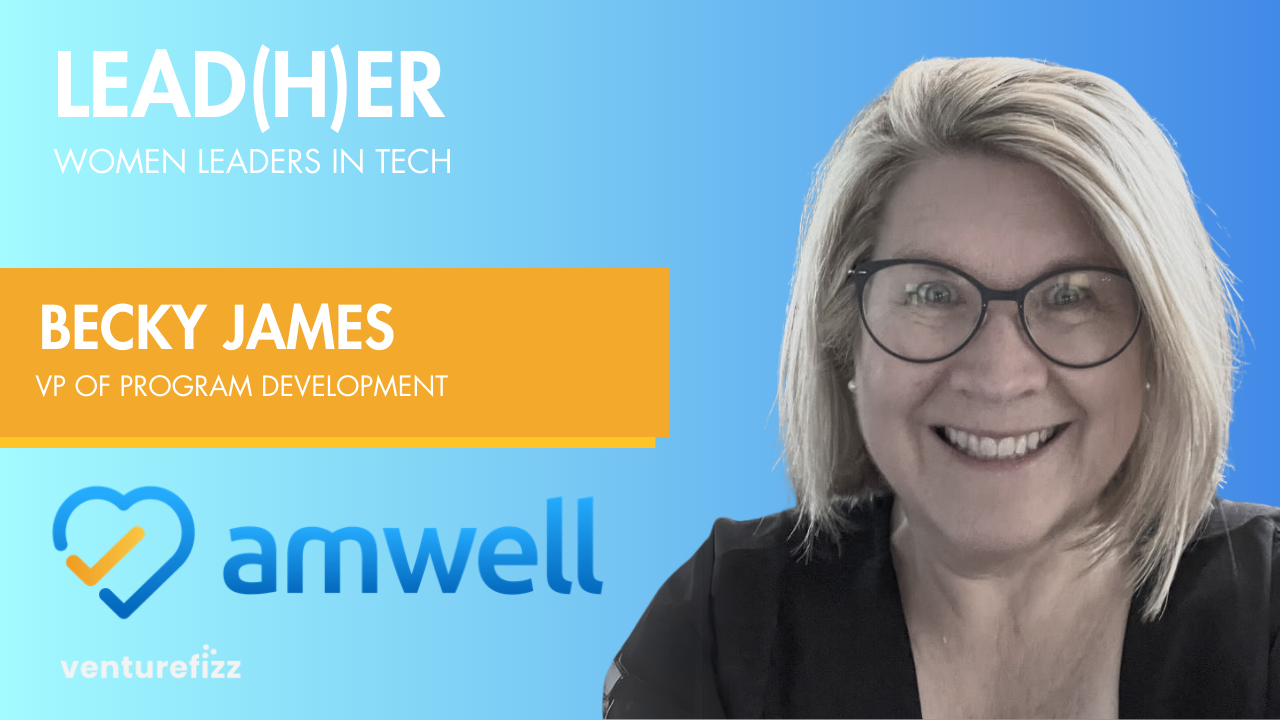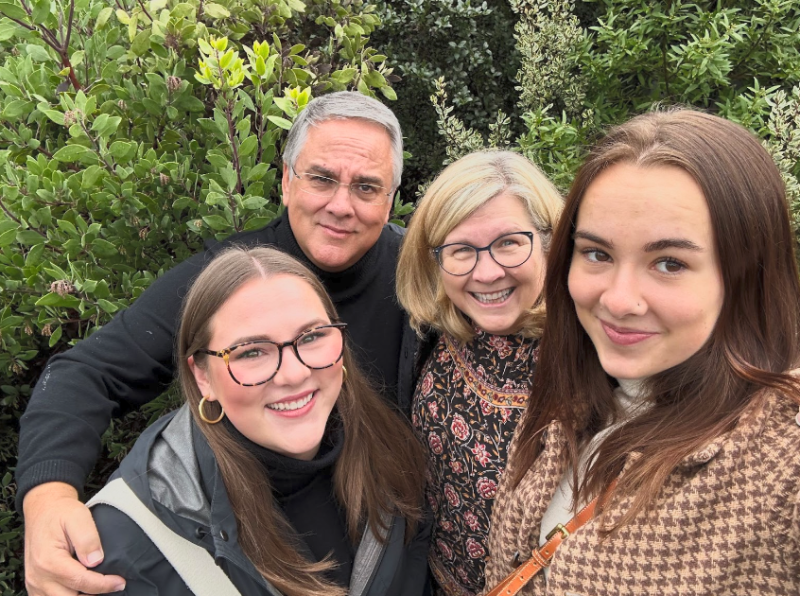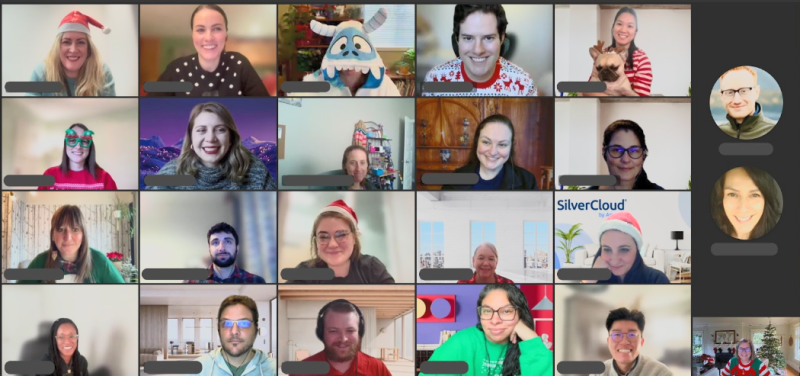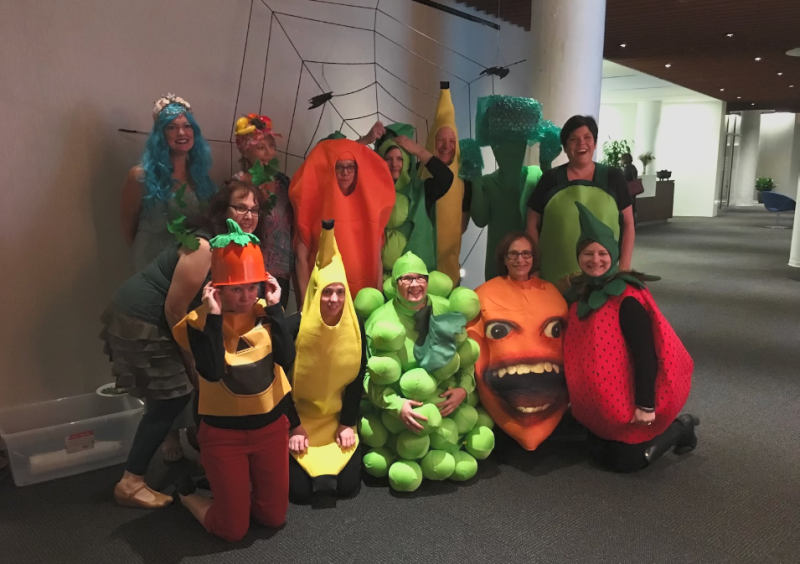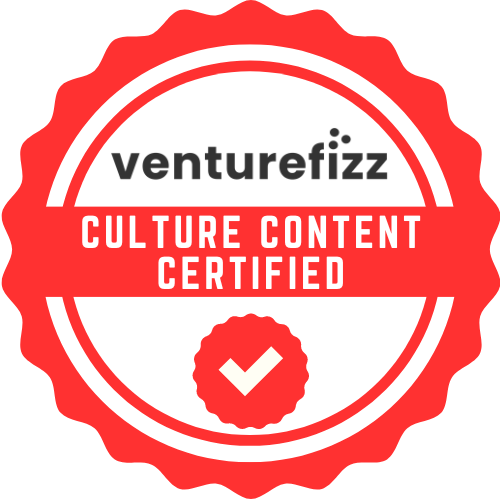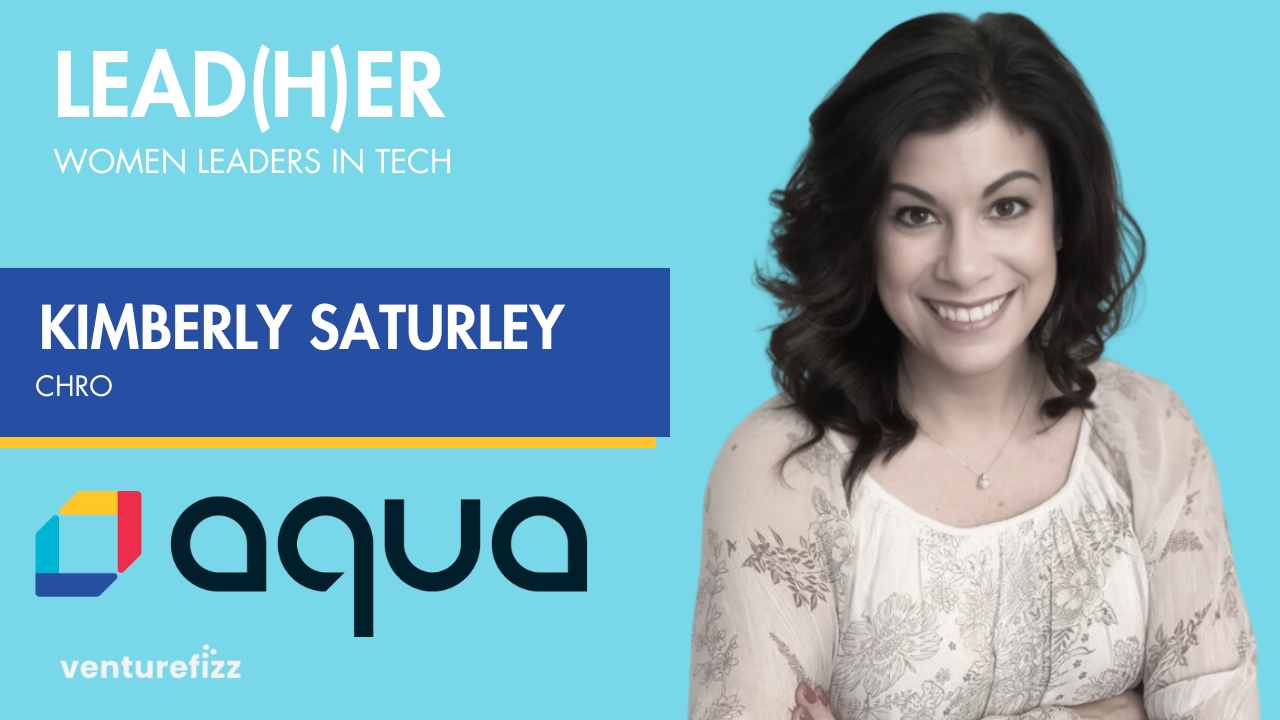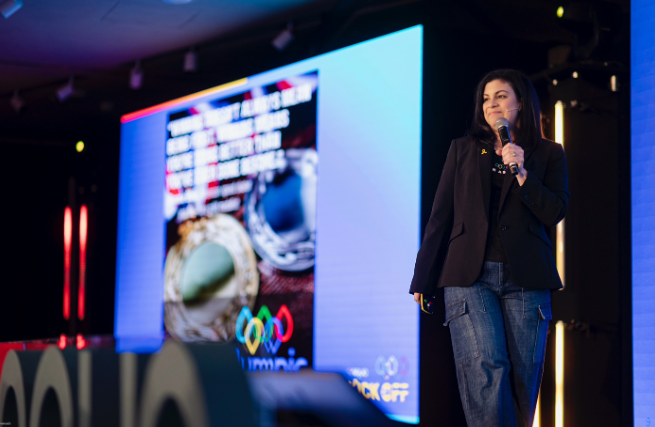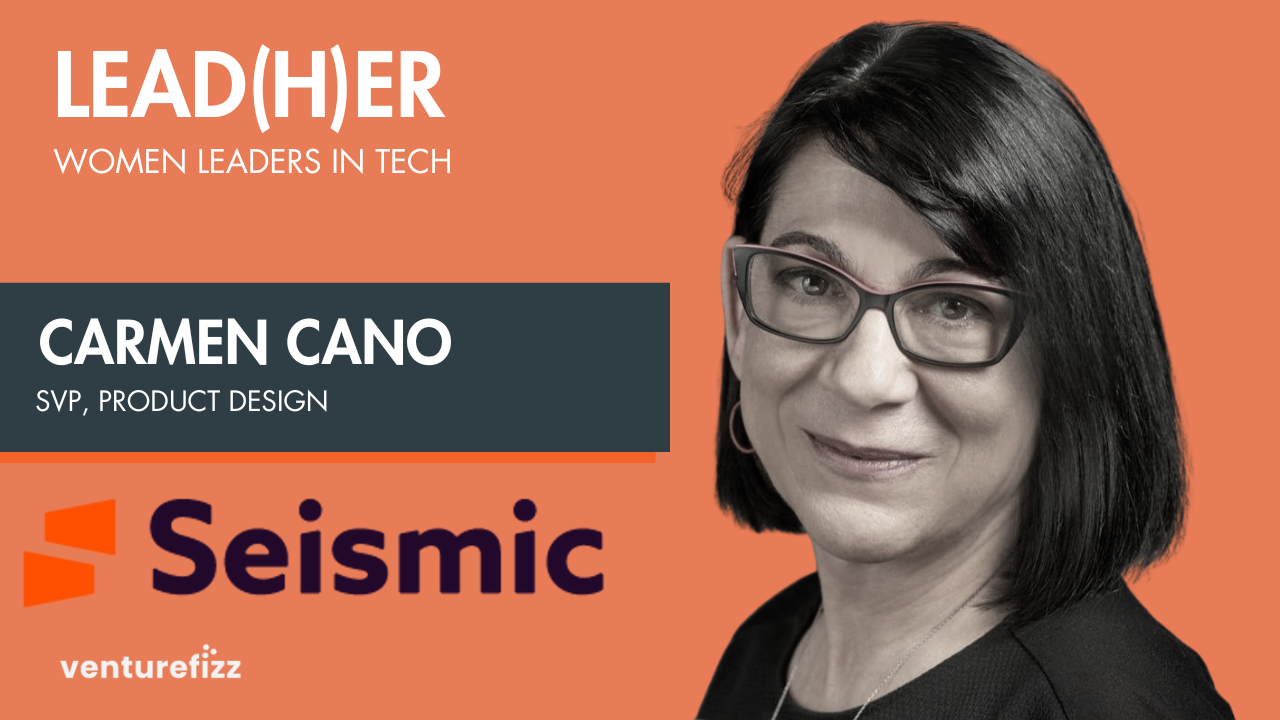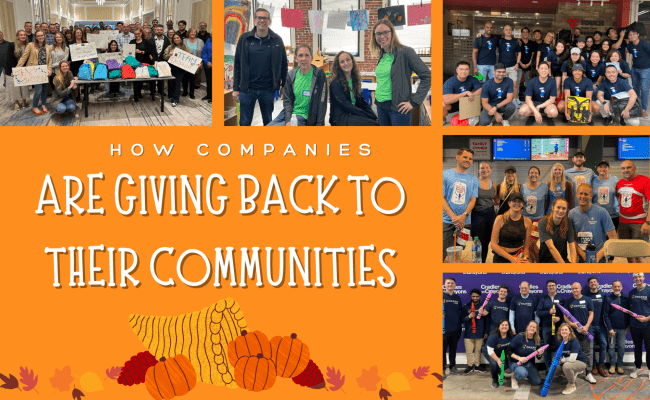Our Lead(H)er series shares the stories of women leaders at some of the fastest-growing companies in the tech industry.
Here is a recap featuring the 14 inspirational stories from 2024 with a short segment from each profile. You'll learn everything from the challenges, successes, and surprises of their careers, lots of useful advice, and more!
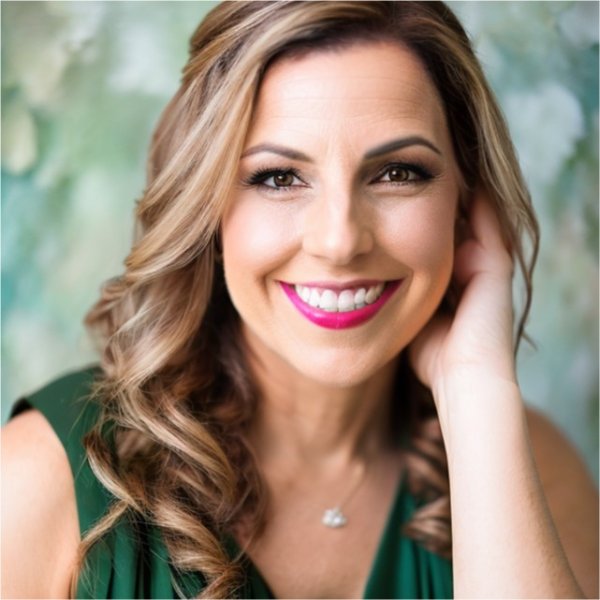
Carisa Raucci, VP Clinical Operations at NuvoAir
"Don’t be afraid to jump in and learn as you go. It’s easy to say I’m not trained for that, or that is out of my comfort zone, but the reward for hard work and pushing yourself is so worth it! Be flexible and open to new situations as you never know where it might take you. Also, always be thinking about how your current skills can be translated into the job you want. "
Check out the full Article View NUVOAIR's company page
Marisa Cunniffe, VP of Engineering at Vestmark
"I think the most important advice I would give is to trust your team and delegate. When moving into leadership roles, you must admit to yourself that you can’t do everything yourself. You need to have a solid team that you trust and delegate to them."
Check out the full Article View VESTMARK's COMPANY PAGE
Virginia Satrom, VP of Growth Marketing at Onapsis
"One of the best pieces of advice that I ever received early in my career was saying ‘yes’ and raising your hand for new challenges and opportunities within your team and company. It is a delicate balance to make sure you are able to do your role and do it well, but always jump at developing a skill set. The best way to learn, for me, is by doing. Building your skill set organically helps you learn what you do and don’t necessarily enjoy doing, and also helps make you an invaluable resource at your company."
Check out the full Article View Onapsis' COMPANY PAGE
Cristina Hernandez, Chief Diversity Officer at Synopsys
"Everyone I know who wants to work in diversity, equity, and inclusion cares deeply about people – that is so important, as is digging in and learning about what it really takes to create a diverse and inclusive workplace. It is not easy, particularly because you will make mistakes (we all do!). Having the courage to acknowledge when we make mistakes, work to learn and change from them, and move forward is critical. There is a reason we call this a journey: we are always learning and growing."
Check out the full Article View SYNOPSYS' COMPANY PAGE
Jennifer Griffin Smith, Chief Market Officer at Acquia
"Be open, listen, take every opportunity to learn from people and don’t be afraid to give your ideas/perspectives. Find people you admire or respect and look at what they do really well. What makes them great."
Check out the full Article View acquia's COMPANY PAGE
Carmen Cano, SVP Product Design at Seismic
"Show up, be prepared, be yourself. Also work hard, be curious, ask questions, have the courage to understand, and have fun."
Check out the full Article View SEISMIC's COMPANY PAGE
Kimberly Saturley, CHRO at Aqua Security
"Remember, the journey is not just about reaching a destination but most importantly it’s focusing on continually learning and growing. Be open to feedback and embrace a growth mindset. Never stop expanding your knowledge and honing your skills. Cultivate empathy and emotional intelligence - this will set you up to be successful to build strong partnerships and relationships and remember that communication, trust and collaboration are essential to building credibility and influence."
Check out the full Article View Aqua's COMPANY PAGE
Becky James, VP of Program Development at Amwell
"Seek to work with people you can learn from. If you are the top performer, enjoy it briefly then seek more challenges.
Don’t be bitter in a job. Know yourself well enough to know if you are uncomfortable during a growth period or if you really don’t like what you are doing. If you don’t like what you are doing your lens will not allow you to see opportunities - move on. "
Check out the full Article View AMWELL's COMPANY PAGE
Sarah Magluyan, Director of Product Management at Agero
"Be curious and ask questions! In Product Management, asking the right questions is crucial to the role: What’s the true problem we’re trying to solve? Why is it a problem? Why does it matter? Constantly asking questions gives you and others clarity on the goal and confidence in the strategy"
Check out the full Article View AGERO's COMPANY PAGE
Lisa Luscap, Chief Marketing Officer at Pluralsight
"I’d recommend spending the time to learn about all of the areas of marketing that interest you but honing in on your specific super-power. There are a lot of different types of CMOs who specialize and bring different strengths to the team depending on the needs of the business. Some CMOs are transformational, some are operational, some are brand gurus. You need to know where your strengths lie so that you can align that with the stage and size of the company that is the best fit. Demand gen and growth are needed everywhere, so that is a must for any marketer. "
Check out the full Article View smartbear's COMPANY PAGE
Michelle Landy, COO/GC at PERSUIT
"Don’t be obsessed with a straight line ladder of a career path. Always remain open and a learner - work hard, add value and focus on having impact. Try not to worry about titles and stay focused on outcomes and impact; the rest will come. Trust your instincts - it’s ok to get 80% of the way rather than obsess over the 100%."
Check out the full Article View PERSUIT's COMPANY PAGE
Ingrid Vasquez, VP of People Operations at Smartbear
"As a child, I wanted to be a lawyer. I definitely didn’t expect to land in HR, however I will say that my career path has been more about embracing opportunities and challenges that allow me to grow and contribute to the success of others, and in turn, my own. While I never envisioned this specific role, it perfectly aligns with my desire to build a strong, supportive culture where people can thrive. The journey itself is what excites me, and I'm grateful for the amazing experiences and learnings along the way. "
Check out the full Article View SMARTBEAR's COMPANY PAGE
Stefana Muller, SVP Cloud Infrastructure & Operations at OWN
"Speak up and raise your hand! When in meetings, especially with leadership, don’t be afraid to use your voice. Be confident that you have a unique perspective or idea that should be shared with the group. You don’t have to be the smartest or loudest person in the room, but sharing your voice is powerful. After you share meaningful insights on a regular basis, people will seek you out."
Check out the full Article View oWN's COMPANY PAGE
Sasha Hibbard, Senior Director of Marketing at Lightforce
"For those looking to advance in their careers, embrace new opportunities, whether it's a new role, project, or city. Building your personal brand is crucial, so showcase your strengths and network actively. Always be learning—stay updated on industry trends and continually refine your skills to remain versatile and valuable. Embrace your unique journey, take risks, and keep growing your skills and network to achieve your career goals. "



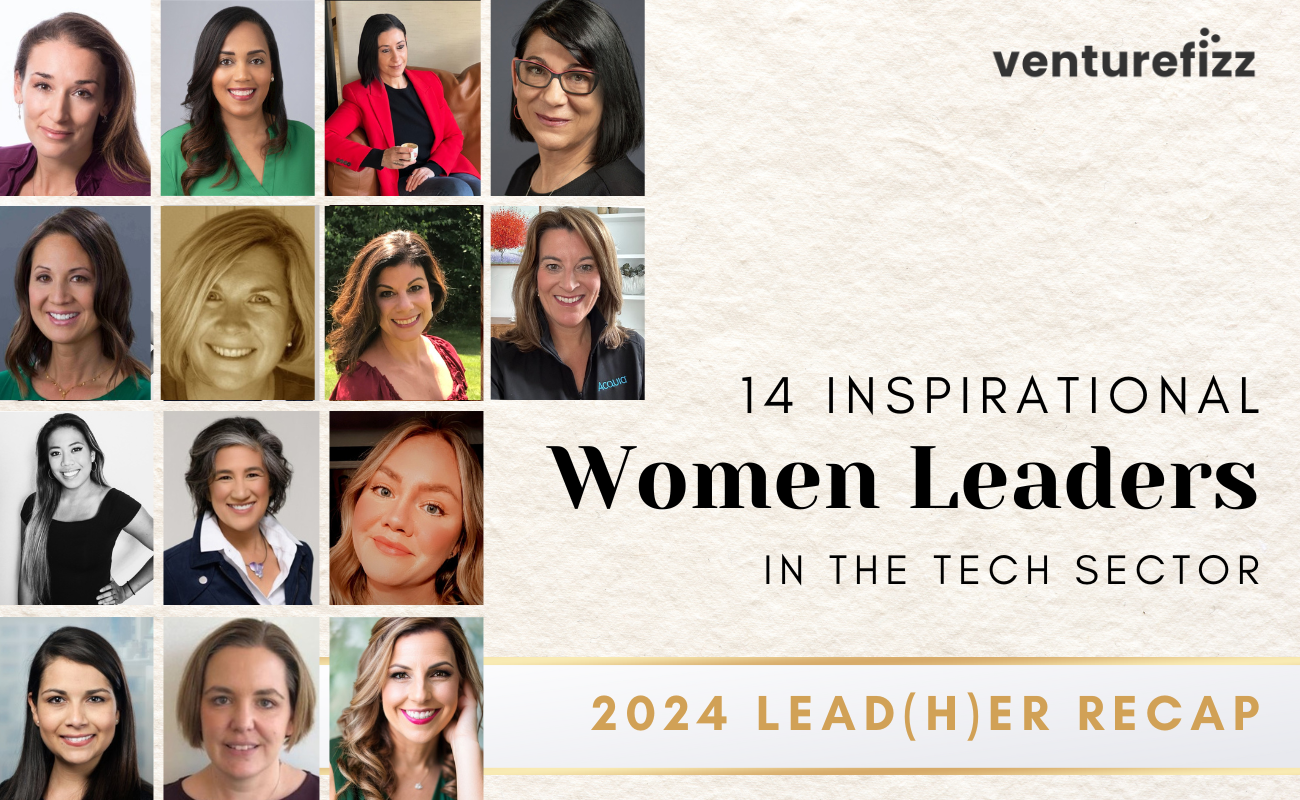


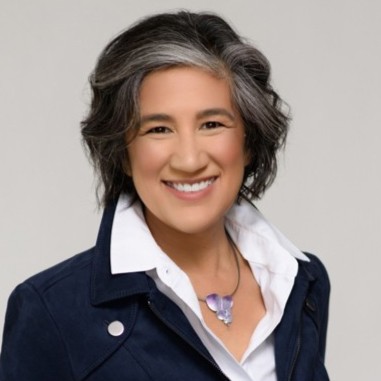







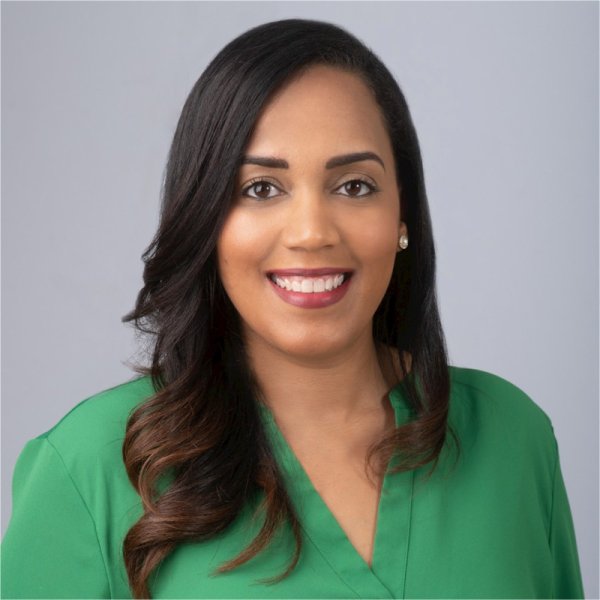
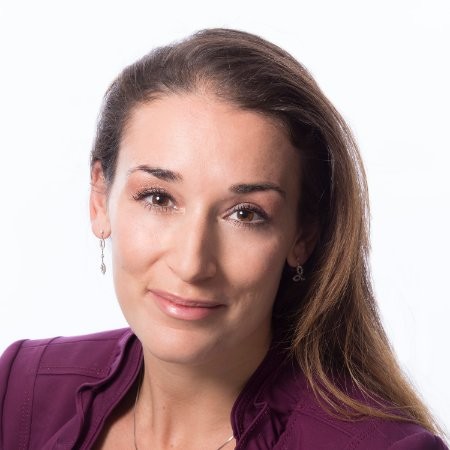
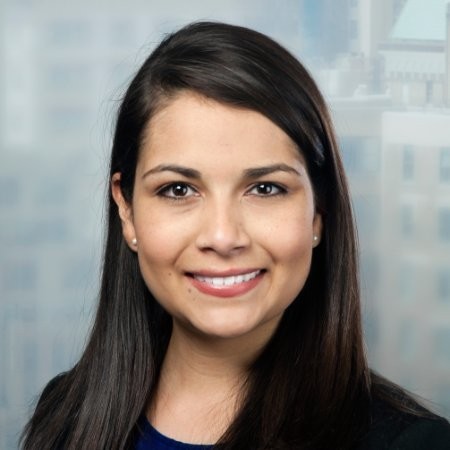
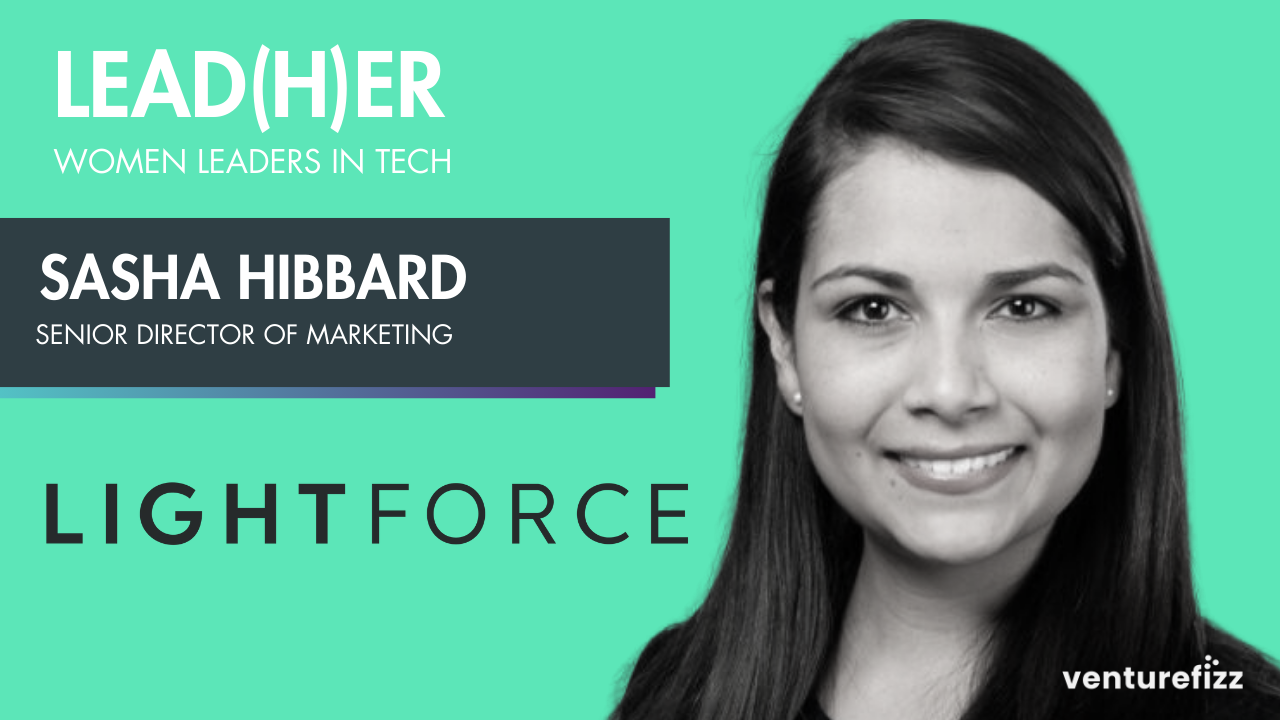


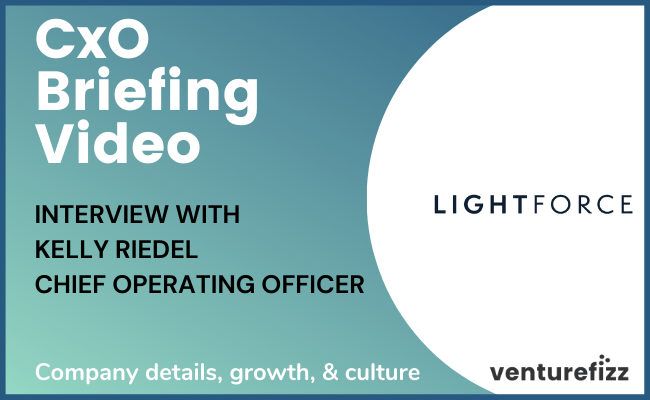

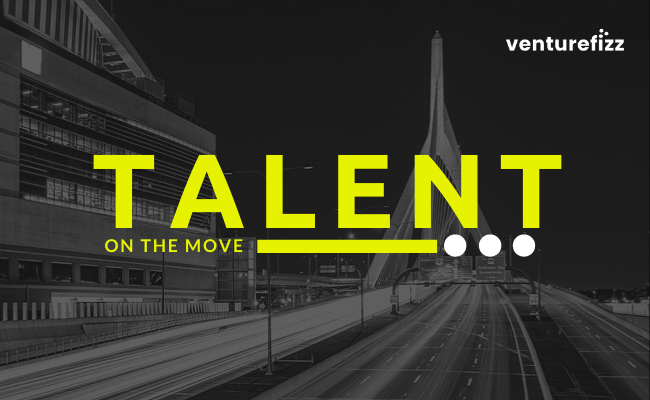
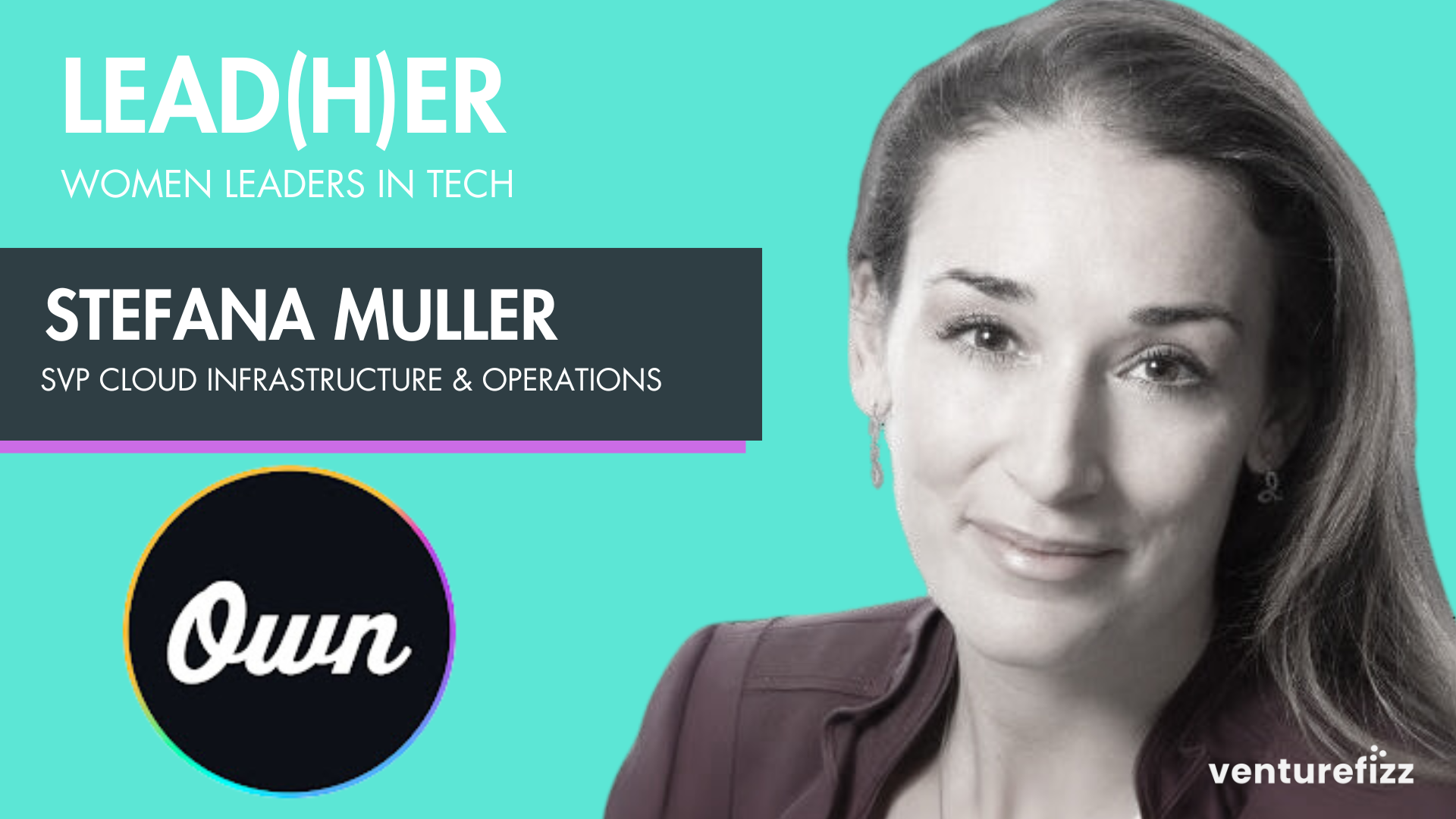
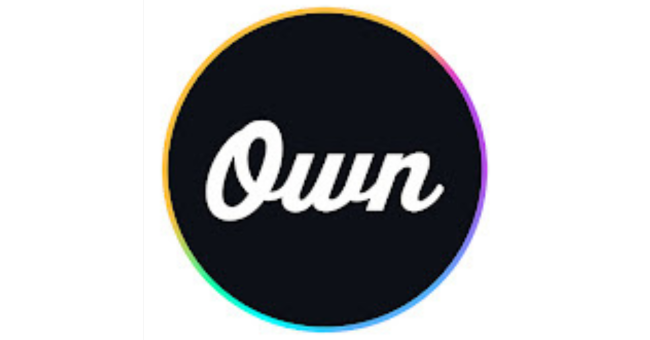
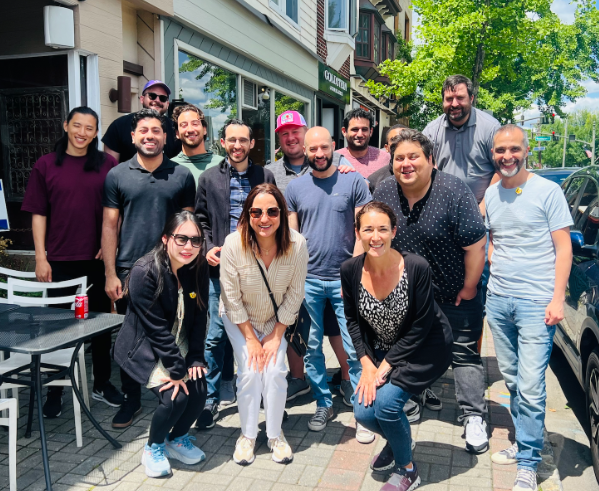

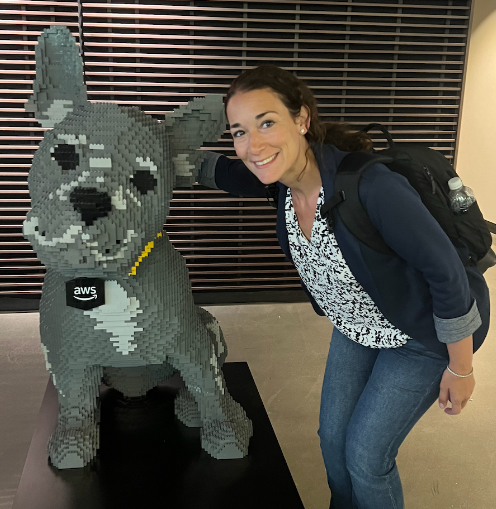 I am the President and Founder of a non-profit organization called Long Island Women in Tech. We are a supportive community of over 800 technologists providing mentorship, career development, and education to women and girls on Long Island. Membership is free and open to people of all genders. This organization has been running for 9 years and has brought me a ton of learning, connections, and the most rewarding experiences in my career.
I am the President and Founder of a non-profit organization called Long Island Women in Tech. We are a supportive community of over 800 technologists providing mentorship, career development, and education to women and girls on Long Island. Membership is free and open to people of all genders. This organization has been running for 9 years and has brought me a ton of learning, connections, and the most rewarding experiences in my career.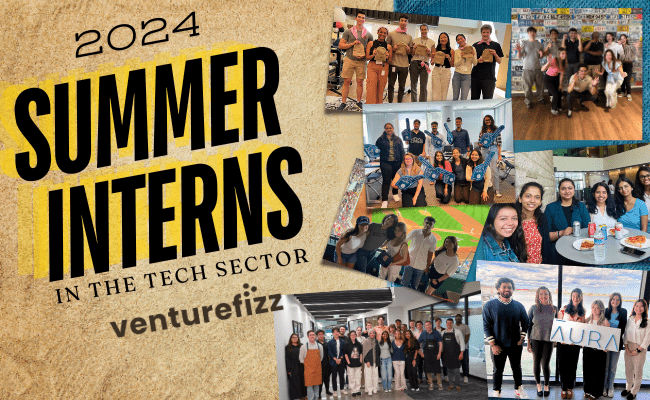


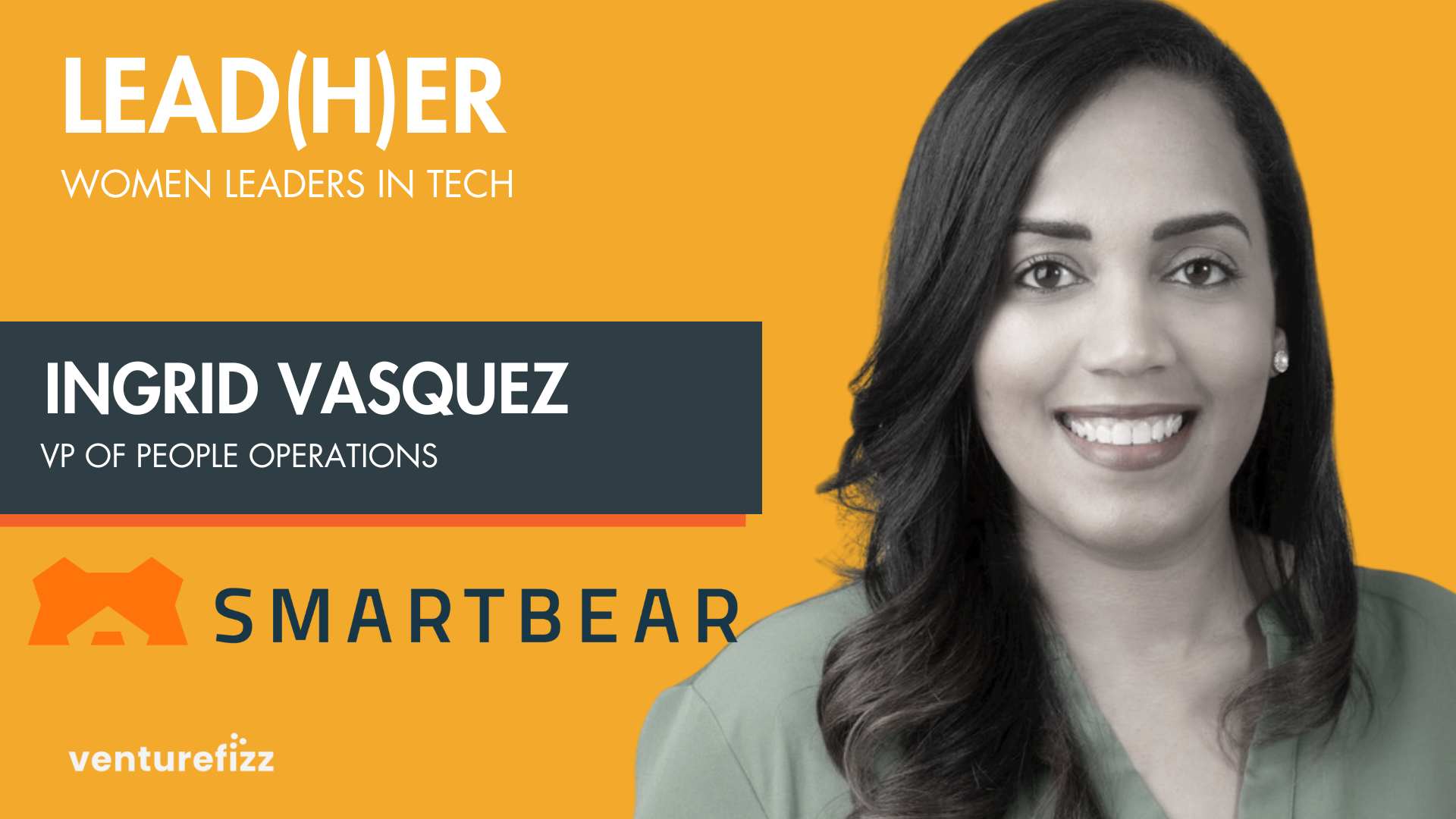


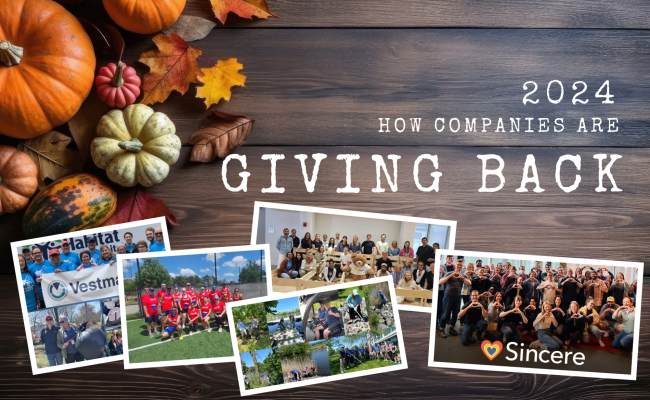


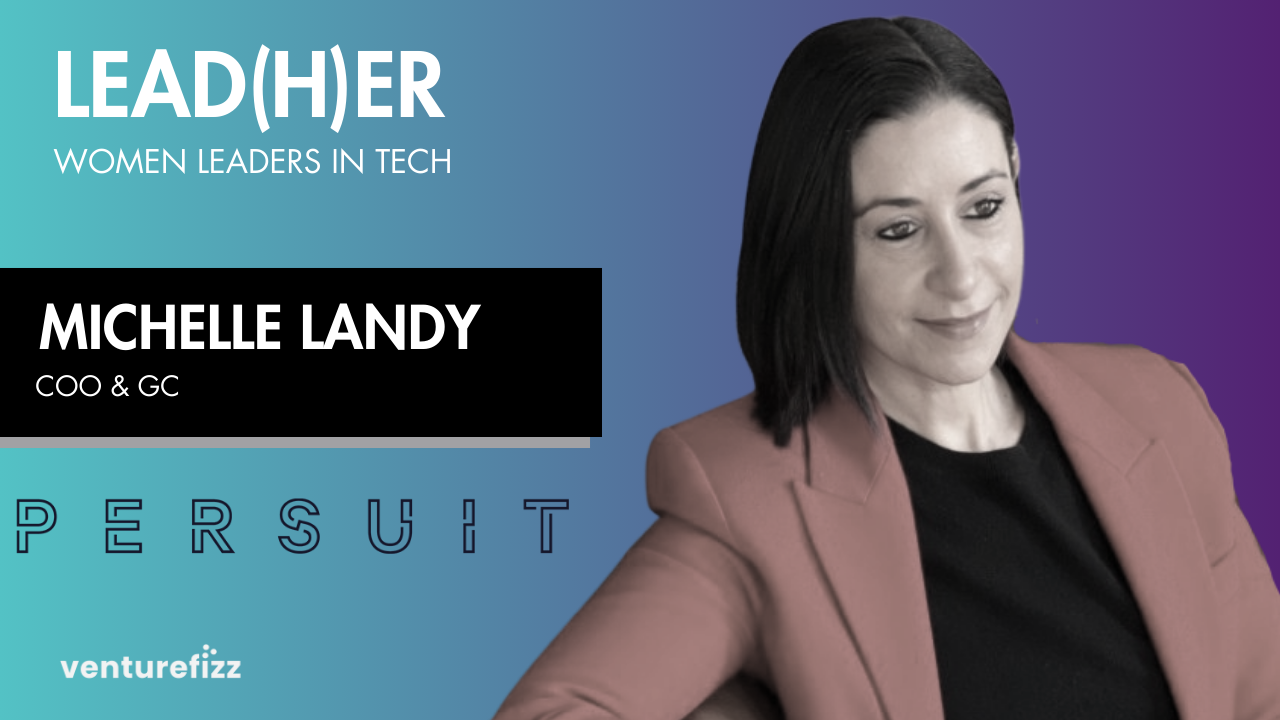
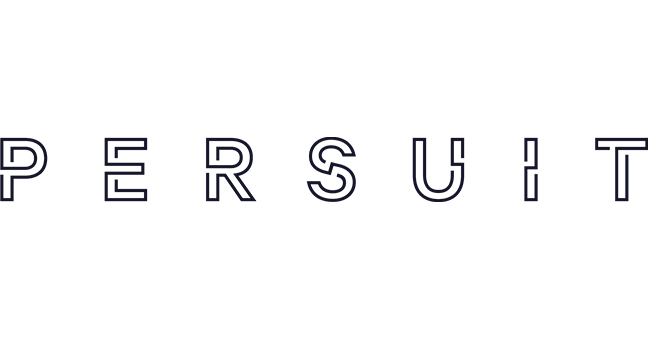

 I would describe my career path as a tree with lots of branches, as opposed to a ladder. I started off as a traditional lawyer at a law firm, and from fairly early on, I decided I wanted to have an international experience (this was inspired by my 7-month solo backpacking adventure around Europe and Asia after I finished law school). So after a few years at a firm, I packed my bags and headed to London. I landed there with no job, limited experience, no home and no connections. I started applying for jobs (mainly ones I wasn't really qualified for!), and got an opportunity as an in-house lawyer at a branding & licensing agency - it was a 6 month contract that turned into over 4 years and building an in-house team to support the global business. It was pretty early on in my legal journey to go in-house so I latched on to the general counsel’s at the various brands we represented and learnt from them! This then led to further in-house legal roles with a large media company which took me from London to NYC to Singapore. I always had an interest in the entrepreneurial community, and my professional role expanded into legal and business development. I continued on this path of organic expansion of my roles and skill set. Within this same media company, I had the opportunity to move to Asia for my first role as COO. Ten years down the line, I decided it wasn’t possible to fully understand the entrepreneurial and startup journey without getting under the hood of a growth business, so I took my first startup role in Kuala Lumpur, Malaysia. This then led me to advise and consult for multiple startups and emerging businesses in various markets for a few years before landing in my current role. Fast forward to PERSUIT, I met our Founder/CEO, Jim, about 5 years ago and agreed to consult 2 days/week in NYC. Once I got in there, I was hooked and moved into the role of full-time GC and COO fairly swiftly. I love NYC for the innovation scene combined with the arts/culture that this city has to offer.
I would describe my career path as a tree with lots of branches, as opposed to a ladder. I started off as a traditional lawyer at a law firm, and from fairly early on, I decided I wanted to have an international experience (this was inspired by my 7-month solo backpacking adventure around Europe and Asia after I finished law school). So after a few years at a firm, I packed my bags and headed to London. I landed there with no job, limited experience, no home and no connections. I started applying for jobs (mainly ones I wasn't really qualified for!), and got an opportunity as an in-house lawyer at a branding & licensing agency - it was a 6 month contract that turned into over 4 years and building an in-house team to support the global business. It was pretty early on in my legal journey to go in-house so I latched on to the general counsel’s at the various brands we represented and learnt from them! This then led to further in-house legal roles with a large media company which took me from London to NYC to Singapore. I always had an interest in the entrepreneurial community, and my professional role expanded into legal and business development. I continued on this path of organic expansion of my roles and skill set. Within this same media company, I had the opportunity to move to Asia for my first role as COO. Ten years down the line, I decided it wasn’t possible to fully understand the entrepreneurial and startup journey without getting under the hood of a growth business, so I took my first startup role in Kuala Lumpur, Malaysia. This then led me to advise and consult for multiple startups and emerging businesses in various markets for a few years before landing in my current role. Fast forward to PERSUIT, I met our Founder/CEO, Jim, about 5 years ago and agreed to consult 2 days/week in NYC. Once I got in there, I was hooked and moved into the role of full-time GC and COO fairly swiftly. I love NYC for the innovation scene combined with the arts/culture that this city has to offer. 